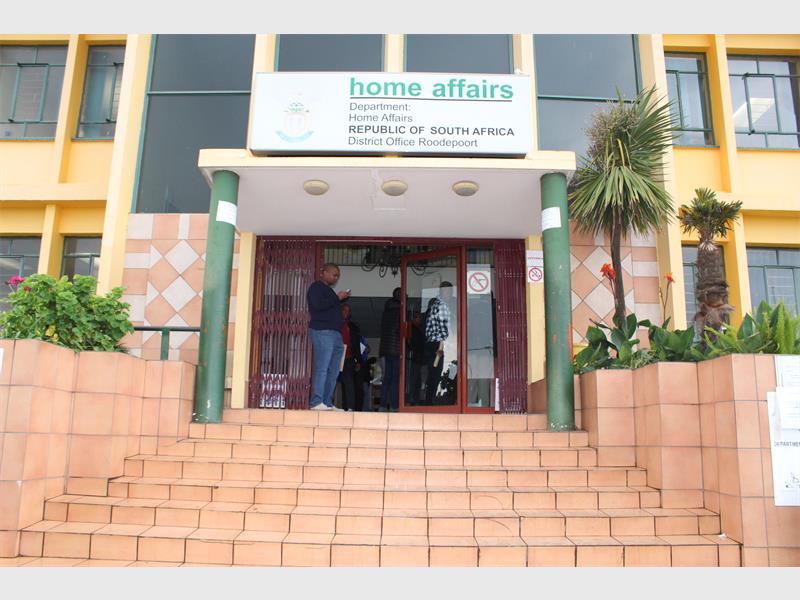Acting director-general Thulani Mavuso admits his department has a 'contingent liability' of civil actions.

The department of home affairs (DHA) is facing more than R2 billion in civil claims because of its service delivery inefficiency, as its legal costs continue to escalate.
Acting director-general Thulani Mavuso admitted his department had a “contingent liability” of civil actions totalling R2.015 billion.
In a breakdown of the liabilities, the department’s immigration services accounted for R698.5 million, civic services claims amounted to R479.7 million, tenders and contracts to R829 million, while other sections faced R7.8 million.
Home affairs recently admitted in a court affidavit that it had no legal capacity and resources to enforce its immigration laws, including how to deal with the ongoing sit-in at the offices of the United Nations High Commissioner for Refugees (UNHCR) offices in Tshwane and Cape Town.
According to the Democratic Alliance (DA) member of the parliamentary home affairs portfolio committee, Adrian Roos, this was contained in the department’s affidavit submitted to the High Court in Pretoria on Thursday.
Regarding claims against the department, Mavuso told the portfolio committee that cases filed against home affairs were as high as 3,706 in 2018 and 3,333 so far this year. The department’s legal costs had reportedly increased considerably over the past few years, compared with previous years.
The main reasons for the increase were opportunistic litigations and delays in finalising applications for visas, permanent resident permits, appeals for rejected visa applications and judicial reviews of negative asylum decisions.
The department also faced litigation as a result of the detention of illegal foreigners at the Lindela holding facility in Krugersdorp.
Mavuso defined a contingent liability as a potential liability depending on the outcome of an uncertain future event, such as a civil claim against the department.
In this context, the department has in this year alone had a contingent liability totalling R2.015 billion.
Mavuso stressed costs in these matters were always awarded against the department. In instances where costs were awarded in favour, recovery was always a challenge, as the state attorney was not prioritising the recovery. Applicants in most cases did not have funds (or attachable property) to pay costs as they were indigent foreigners and, in most instances, asylum seekers.
Roos lambasted home affairs for its incapacity to implement the country’s immigration laws. He said this had resulted in the UNHCR and relevant municipalities being expected to do the department’s job.
“The DHA cannot do this alone but have the responsibility to lead the process. The DA, therefore, calls on the DHA to immediately strengthen [its] capacity by implementing a far more efficient asylum-seeker system that works to ensure that refugees are able to live in South Africa legally and deal with corruption in the immigration system decisively,” Roos said.
He added the department must also ensure that asylum seekers were timeously documented and that refugees were differentiated from economic migrants. By doing this, the DHA would help prevent African foreign nationals from being targeted as a group by those who accuse them of being illegal immigrants, Roos said.
For more news your way, download The Citizen’s app for iOS and Android.






